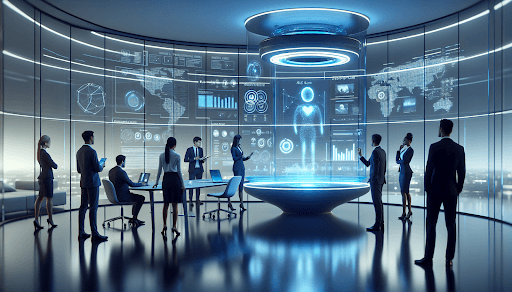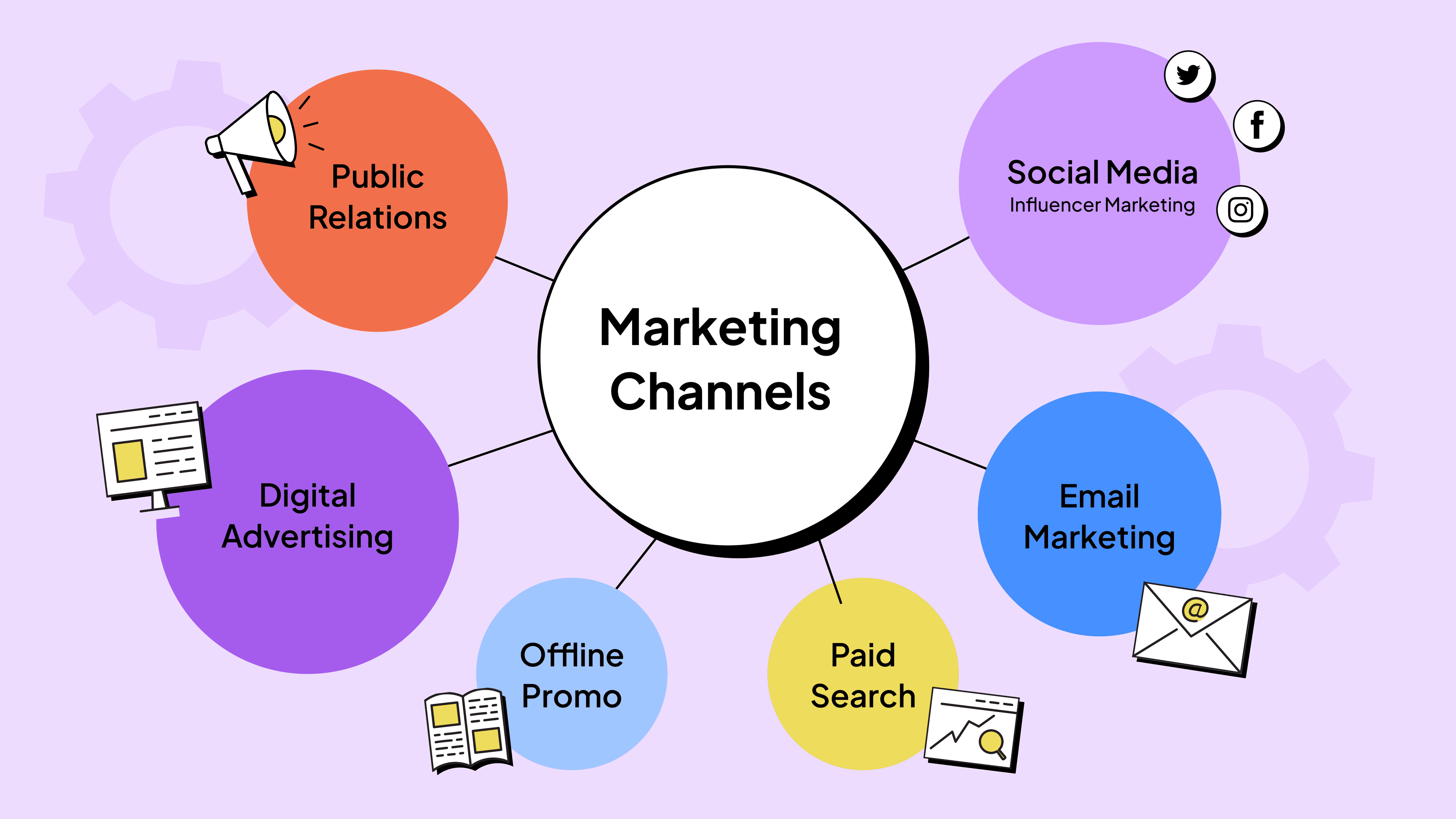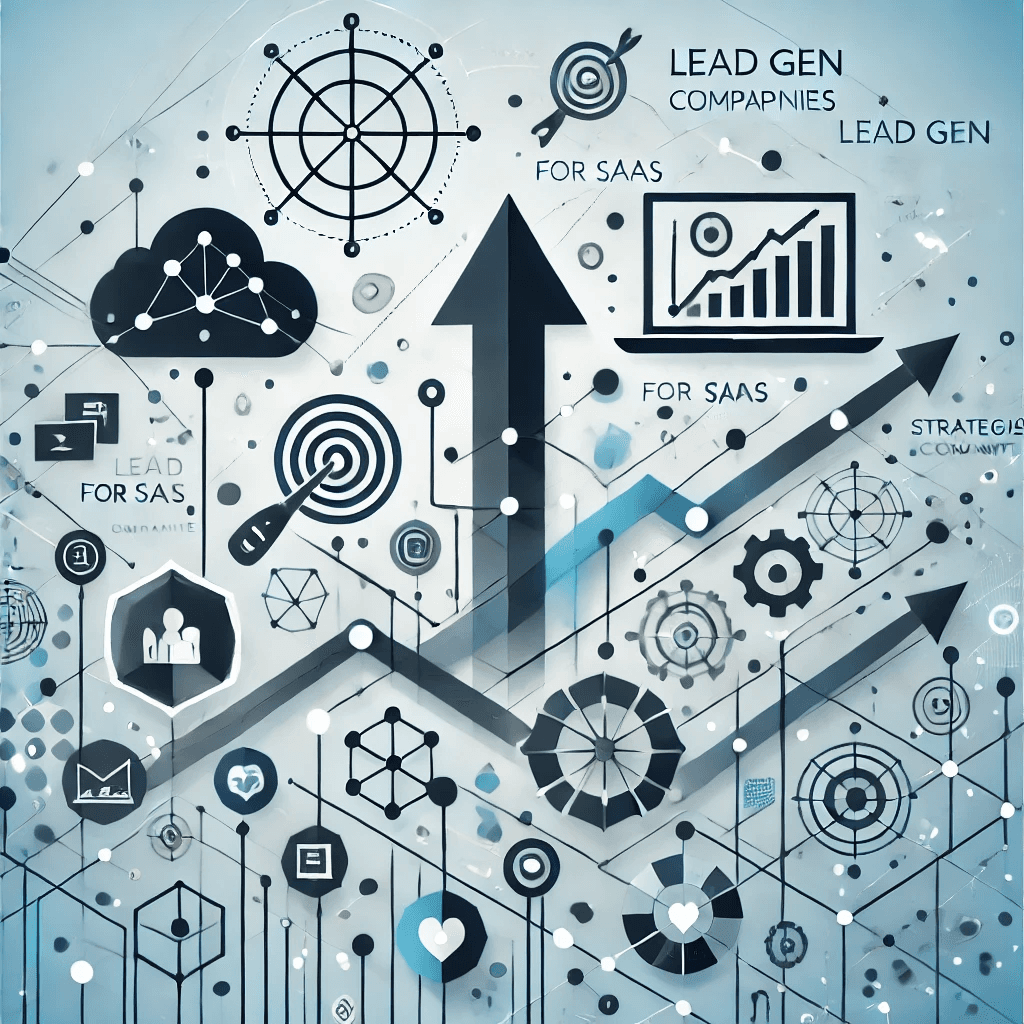AI and Sales: Revolutionizing B2B Sales Strategies in 2025

Hey there! Let me tell you about something pretty exciting that's shaking up the sales world. AI and sales are coming together in a big way, and it's having a huge impact on how we do business. I've seen firsthand how this tech is changing the game, especially when it comes to B2B sales strategies. It's not just about fancy gadgets – we're talking about real tools that are making our jobs easier and more effective.
Now, I know you might be wondering what this means for the future of sales. Well, I'm going to break it down for you. We'll look at where things stand right now with AI in B2B sales, and then I'll share some cool strategies I think we'll be using come 2025. I'll also chat about how our sales teams might look different in the near future. Trust me, it's going to be an eye-opener! Whether you're a sales pro or just curious about where the industry is headed, I think you'll find this pretty interesting.
The Current State of AI in B2B Sales
We're seeing a real shift in how B2B sales teams are using AI these days. It's not just a buzzword anymore – it's becoming a game-changer for many businesses. Let me break down what's happening and why it matters.
Key AI technologies transforming B2B sales
First off, let's talk about the tech that's making waves. Generative AI is a big one. It's a type of AI that can create new content, like images or text, based on what it's learned from existing data. This is super helpful for sales teams because it can speed up things like discovery, call prep, and follow-up emails.
Another key player is AI-powered automation. This is helping sales teams save a ton of time – about two hours and 15 minutes each day, on average. That's time they can spend actually talking to customers and closing deals.
But here's the thing – AI isn't just about saving time. It's also about making smarter decisions. AI can analyze tons of customer data to spot patterns and trends we might miss otherwise. This helps sales teams understand their customers better and make more targeted, adaptive strategies.
Adoption rates and challenges
Now, you might be wondering how many companies are actually using this stuff. Well, according to a recent survey, about 21% of commercial leaders say their companies have fully adopted AI across their B2B buying and selling processes. Another 22% are testing it out with specific use cases.
Interestingly, smaller companies seem to be leading the charge. About 42% of companies with 10 employees or less are using AI. They're often more nimble and can adopt new tech faster than bigger organizations.
But it's not all smooth sailing. There are some challenges companies face when trying to implement AI:
- Data quality and quantity: AI needs good data to work well, and sometimes B2B sales data is incomplete or scattered across different systems.
- Integration with existing systems: Adding AI to current sales and marketing setups can be tricky and time-consuming.
- Trust and skepticism: Some people are still unsure about AI's capabilities, which can make adoption harder.
Impact on sales processes and productivity
Despite these challenges, the impact of AI on B2B sales is pretty impressive. Companies that are using AI are seeing some real benefits:
- Improved efficiency: AI is helping automate routine tasks, freeing up sales teams to focus on building relationships with customers.
- Better lead generation: AI can analyze data from various sources to identify the most promising leads, helping sales teams focus their efforts where they're most likely to pay off.
- Personalization at scale: AI can help tailor sales and marketing messages to individual customers, increasing the chances of making a sale.
- Faster response times: AI-powered tools can engage with leads 24/7, ensuring no opportunities are missed due to time zone differences or human availability.
The numbers back this up too. Companies investing in AI have seen a revenue increase of 3-15% and a sales ROI uplift of 10-20%. That's pretty significant!
But here's an important point: AI isn't replacing human salespeople. Instead, it's changing their role. With AI handling more routine tasks, sales reps can focus on what they do best – building relationships, understanding complex customer needs, and closing deals.
In fact, sellers who effectively partner with AI tools are 3.7 times more likely to meet their quotas than those who don't. It's not about AI versus humans – it's about AI and humans working together to create better results.
AI-Powered Sales Strategies for 2025
As we look ahead to 2025, AI and sales are set to revolutionize B2B sales strategies. We're seeing a shift towards more data-driven, personalized, and efficient approaches that leverage the power of artificial intelligence. Let's dive into some key strategies that are shaping the future of sales.
Hyper-personalization at scale
Gone are the days of one-size-fits-all sales pitches. In 2025, hyper-personalization will be the norm, thanks to AI-driven tools that analyze vast amounts of customer data. We're talking about understanding each client's specific needs, preferences, and challenges on a whole new level.
AI and machine learning technologies are playing a crucial role in this transformation. They're helping us sift through mountains of data to uncover patterns and trends that human analysis might miss. This means we can tailor our offerings and communications with pinpoint accuracy.
For example, AI-powered content creation tools are allowing us to generate personalized whitepapers, case studies, and other materials that address the specific pain points of individual clients. This level of customization is a game-changer in building stronger customer relationships and boosting conversion rates.
Predictive analytics and lead scoring
Predictive analytics is another area where AI is making waves in sales strategy. By analyzing historical data and current market conditions, AI can help us forecast future trends and behaviors. This isn't just about guessing what might happen – it's about making informed decisions based on solid data.
One of the most exciting applications of predictive analytics is in lead scoring. AI-powered tools can now analyze a wide range of factors to identify which leads are most likely to convert. This goes beyond traditional methods, taking into account things like online behavior, engagement history, and even social media activity.
The impact of this technology is significant. According to a survey, 98% of sales teams using AI believe it improves lead prioritization. This means sales reps can focus their efforts on the most promising prospects, dramatically increasing efficiency and conversion rates.
Autonomous sales agents and chatbots
As we move towards 2025, autonomous sales agents and chatbots are becoming increasingly sophisticated. These AI-powered assistants are revolutionizing how businesses interact with potential customers, providing instant, personalized responses 24/7.
Chatbots, in particular, are proving to be invaluable in the early stages of the sales process. They can handle a large volume of inquiries, gather important information about leads, and even qualify prospects before handing them off to human sales reps. This not only improves efficiency but also enhances the customer experience by providing immediate responses to queries.
The numbers speak for themselves. On average, businesses can save 2.5 billion hours by using chatbots as their customer service medium. This frees up human sales reps to focus on more complex tasks and high-value interactions.
Looking ahead to 2025, we expect to see even more advanced AI sales agents that can handle increasingly complex interactions. These agents will be able to understand context, emotion, and intent, providing a more human-like interaction while still offering the benefits of AI-powered efficiency and data analysis.
As we embrace these AI-powered sales strategies, it's clear that the future of B2B sales lies in the intelligent use of data, personalization at scale, and the seamless integration of AI technologies into our sales processes. By leveraging these tools effectively, we can create more targeted, efficient, and successful sales strategies that drive growth and build stronger customer relationships.
Reimagining the B2B Sales Team
As we look ahead to 2025, the B2B sales landscape is undergoing a significant transformation, driven by the integration of AI and sales technologies. This shift is reshaping the roles, skills, and structure of sales teams, creating new opportunities and challenges for businesses.
New roles and skill requirements
The adoption of AI in sales is giving rise to new roles and demanding a fresh set of skills from sales professionals. We're seeing a growing need for data-savvy salespeople who can leverage AI-powered insights to drive decision-making and strategy. Sales teams are now looking for individuals who can blend traditional sales skills with technical know-how.
One of the key areas where AI is making a significant impact is in data analysis. Sales reps who can interpret AI-generated insights and translate them into actionable strategies are becoming increasingly valuable. In fact, 73% of sales professionals say that AI helps them uncover insights they wouldn't have been able to find on their own. This highlights the importance of developing analytical skills alongside traditional sales acumen.
AI augmentation vs. automation
The debate between AI augmentation and automation is shaping the future of B2B sales teams. While automation focuses on replacing human tasks, augmentation aims to enhance human capabilities. In the sales context, we're seeing a trend towards augmentation, where AI complements and enhances the skills of sales professionals rather than replacing them entirely.
AI-powered tools are taking over routine tasks, allowing sales reps to focus on high-value activities. On average, sales professionals save about two hours and 15 minutes daily using AI to handle manual tasks. This time savings allows them to concentrate on building relationships, crafting personalized strategies, and closing deals.
Training and change management
As AI becomes more prevalent in sales, effective training and change management are crucial for successful adoption. Organizations need to invest in comprehensive education programs to ensure their sales teams can effectively leverage AI tools and insights.
Change management is particularly important when implementing AI in sales. It's not just about introducing new technology; it's about shifting mindsets and work processes. A well-planned change management strategy can help address concerns, reduce resistance, and ensure a smooth transition to AI-enhanced sales practices.
One effective approach is to start small and gradually expand AI implementation. This allows teams to adapt and see the benefits firsthand. Regular town hall meetings and feedback sessions can also help address concerns and gather insights from those on the front lines.
Looking ahead, we can expect to see more personalized and AI-driven training programs. These programs will leverage AI to identify individual strengths and weaknesses, providing tailored learning experiences for each sales professional. This approach not only improves skill development but also increases engagement and adoption of AI tools.
As we move towards 2025, the successful B2B sales team will be one that effectively blends human skills with AI capabilities. By embracing new roles, focusing on augmentation over automation, and implementing robust training and change management strategies, organizations can position themselves at the forefront of this AI-driven sales revolution.
Conclusion
The fusion of AI and sales is causing a revolution in B2B sales strategies, paving the way for a more efficient and personalized approach to customer interactions. As we look ahead to 2025, we can expect to see AI playing a bigger role in hyper-personalization, predictive analytics, and autonomous sales agents. This shift isn't about replacing human salespeople, but rather enhancing their capabilities and allowing them to focus on what they do best - building relationships and closing deals.
To make the most of this AI-driven future, B2B sales teams need to adapt and evolve. This means developing new skills, embracing AI augmentation, and implementing effective training and change management strategies. By doing so, organizations can position themselves to thrive in this new landscape, leveraging AI to drive growth and build stronger customer relationships. The future of B2B sales is exciting, and those who embrace these changes will be well-positioned to succeed in the years to come. ## FAQs
What are the anticipated B2B trends for 2025?By 2025, the focus in B2B eCommerce will intensify around personalization and enhancing customer experiences. Buyers will expect interactions that are as tailored as those they encounter in B2C scenarios. AI-driven platforms, such as Ergonode's Product Information Management (PIM) system, will be crucial in providing personalized content.
How is AI transforming B2B sales today?Over the last decade, automation, data analytics, and machine learning have significantly boosted the effectiveness of B2B sales teams. Companies utilizing these technologies have reported efficiency improvements ranging from 10 to 15 percent by empowering their sales personnel with these advanced tools.
What will the sales landscape look like in 2025?The year 2025 will see sales strategies heavily focused on personalization, with a demand for interactions tailored to individual customer needs. Sales professionals will need to use data and insights to offer unique experiences that resonate on a personal level, thereby enhancing customer satisfaction and loyalty.
What is the projected future role of AI in sales?AI is set to redefine the role of the salesperson. Future sales professionals will be equipped with AI tools capable of providing real-time insights and recommendations. This advancement will enhance their effectiveness and efficiency, enabling them to close more deals and foster stronger customer relationships.



